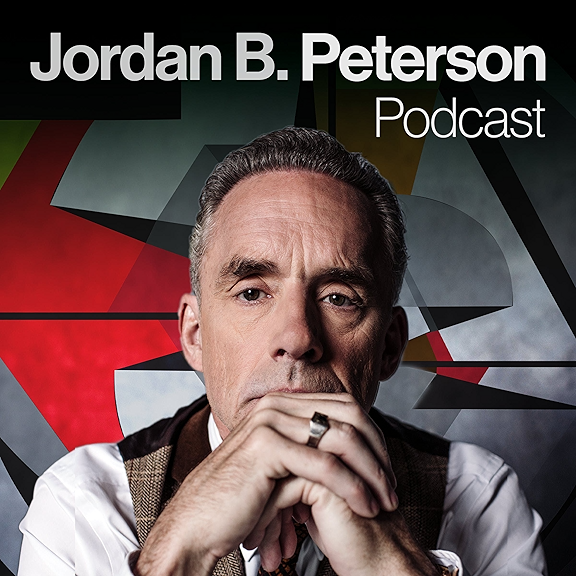
Prolonged Field Care Podcast 211: Training Scars
Welcome Back...Let's kick 2025 off with another training discussion.
In this conversation, Dennis and John discuss the current state of medical training, particularly in military contexts. They explore the shortcomings of existing training methodologies, emphasizing the need for a foundational knowledge base and a structured approach to skill acquisition. John introduces the concept of cognitive load theory and advocates for a gradual progression in training stressors to enhance learning outcomes. The discussion also touches on cultural challenges within training environments and the importance of engaging experienced learners effectively. In this conversation, Dennis discusses the intricacies of training in operational medicine, emphasizing the importance of establishing a solid training framework, the need for skill development, and the role of effective instructors. He highlights the significance of providing immediate and actionable feedback to build confidence in trainees while avoiding no-win scenarios that can negatively impact learning. The discussion also touches on the cultural aspects of training and the necessity for instructors to adapt their methods based on the audience's experience and needs.
Link to Paper: https://nextgencombatmedic.com/2024/09/16/a-lost-opportunity/
Takeaways
Training needs a refocus on foundational knowledge.
Skill atrophy occurs quickly without regular practice.
Repetition is crucial for skill mastery in medical training.
Cognitive load theory helps optimize training effectiveness.
Gradual progression in stress is essential for learning.
Cultural issues can hinder effective training.
Experienced learners require different engagement strategies.
Training should have clear objectives and outcomes.
Effective training must balance quality and quantity of practice.
Understanding the audience is key to successful instruction. Establish a clear training framework to guide instruction.
Skill development should be prioritized over complex scenarios.
Instructors must adapt their teaching methods based on audience experience.
Immediate feedback is crucial for effective learning.
Avoid no-win scenarios that can demoralize trainees.
Confidence building is a key goal of training.
Cultural issues can impact training effectiveness.
Deliberate practice is essential for instructor improvement.
Training scenarios should be relevant and realistic.
Instructors should focus on actionable feedback to enhance learning.
Chapters
00:00 Introduction to Training Philosophy
05:09 Identifying Issues in Current Training Methods
09:52 The Importance of Foundational Knowledge
15:11 Cognitive Load Theory in Training
19:55 Gradual Progression in Stress Training
24:53 Cultural Challenges in Training
29:48 Engaging Experienced Learners
33:46 Establishing a Training Framework
39:46 The Importance of Skill Development
44:50 Creating Effective Instructors
50:39 Feedback and Confidence Building
58:12 Avoiding No-Win Scenarios in Training




















